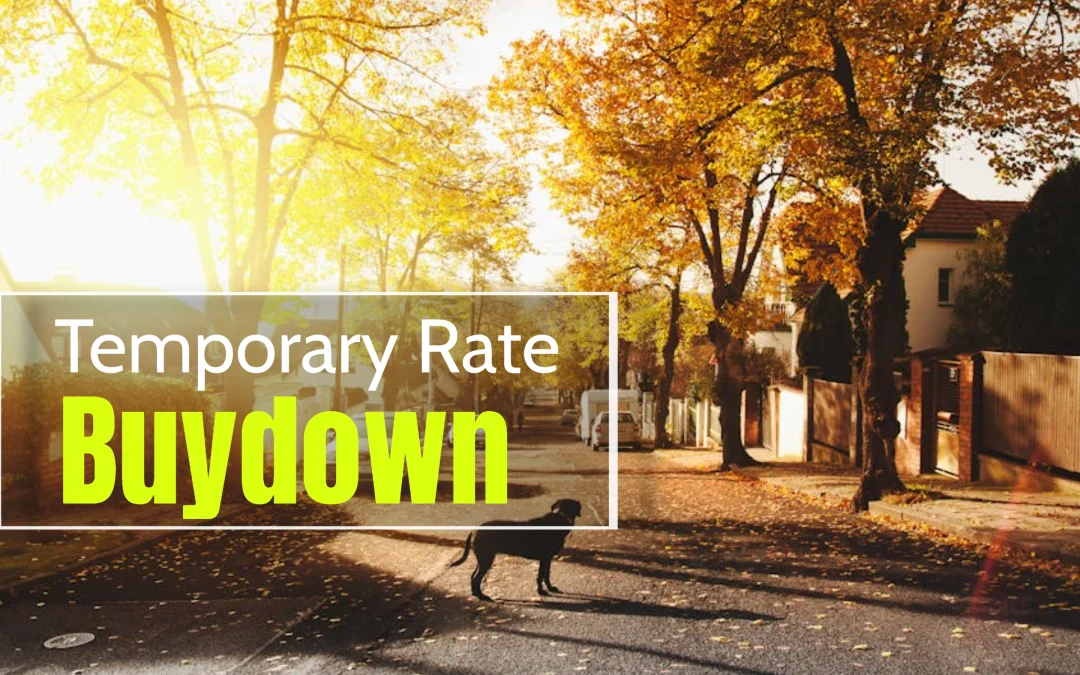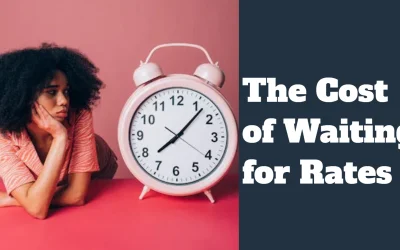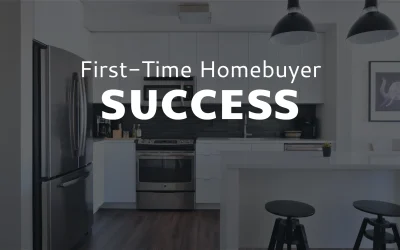Temporary Rate Buydowns: Making Homeownership Easier
Buying a home is one of the most exciting moments in life. It is also one of the biggest financial commitments you will ever make. For many buyers, the monthly payment is the part that feels the most stressful. You may be wondering if there is a way to make those first few years of payments more manageable while you adjust to being a homeowner. That is exactly what a temporary buydown can do. It gives you lower monthly payments for the first years of your loan without changing the fact that you have a fixed-rate mortgage.
If you are looking to buy a home in Lincoln, Nebraska or Omaha, Nebraska, a temporary buydown could be the perfect tool to help you step into homeownership with confidence.
What Is a Temporary Buydown
A temporary buydown is a simple concept. It allows you to have a lower interest rate for the first one, two, or sometimes even three years of your mortgage. Your mortgage rate itself is fixed and locked in for the life of your loan, but during the buydown period your payments are reduced as if your rate were lower. Each year the payment gradually steps up until it reaches the permanent fixed rate that will stay with you for the rest of the loan.
Think of it as a way to ease into homeownership. Instead of being thrown straight into your full monthly payment right away, you get a softer landing with smaller payments for a little while. This is why many home buyers in Nebraska, especially in fast-growing markets like Omaha and Lincoln, find temporary buydowns so appealing.
How It Benefits Home Buyers
The most obvious benefit is that your monthly payment is smaller during the first years of owning your home. Anyone who has gone through a move knows that the costs pile up quickly. You may need new furniture, repairs, or updates. You might be juggling moving costs, utility deposits, or other expenses you did not expect. Having a little extra room in your budget can take away a lot of stress.
A temporary buydown gives you breathing space to get settled financially. It can make it easier to build an emergency fund or save for improvements around the house. For families, it may mean extra cash for school supplies, clothes, or activities. For others, it may simply mean the peace of mind of having a lower monthly payment as you adjust to your new responsibilities.
There is also the possibility of refinancing. If mortgage rates drop in the future, you may be able to refinance before your buydown period ends. This could lock in a new lower long-term rate and possibly keep your payments closer to what you enjoyed during the buydown period. While refinancing is never guaranteed, it is a good option to keep in mind.
What Happens if You Sell or Refinance Early
One question that often comes up is what happens if you decide to sell your home or refinance before the buydown period is finished. This is a great question because it shows how the funds for the buydown are actually set aside.
At closing, money is placed in a special account to cover the difference between the lower payment you make during the buydown and the full payment you would normally owe. Each month the servicer draws from that account to make sure your loan is fully covered.
If you sell your home or refinance before the account is used up, the leftover funds are not lost. Instead, they are applied directly toward reducing your loan balance. That means the money still benefits you, either by lowering your payment during the buydown years or by paying down your mortgage balance early if you move on.
It Uses Seller Credits to Pay for It
Another common question is who actually pays for the buydown. The good news is that it is not you. The funds come from the seller in the form of seller credits. These credits are part of the negotiation of your home purchase. The seller provides the money at closing, and it is used to fund the account that makes the buydown possible.
From your perspective as a buyer, this is a win-win situation. You get the benefit of lower payments upfront, and you do not have to come up with the money to make it happen. The seller covers the cost as an incentive to help make the sale of the home go smoothly.
In competitive markets like Lincoln and Omaha, seller credits are often used to help buyers feel more comfortable with their purchase. A temporary buydown is one of the best ways to put those credits to work.
Final Thoughts
A temporary buydown can be a very smart option for buyers who want to make their first few years of homeownership easier. It lowers your monthly payments when you need the most flexibility, it gives you time to adjust to your new expenses, and it ensures that any unused funds are still applied in your favor if you sell or refinance early. Best of all, the seller pays for it through credits at closing, so you are not adding extra costs to your side of the deal.
If you are buying a home in Lincoln, Nebraska or Omaha, Nebraska and want to understand all the tools available to make your purchase more affordable, a temporary buydown is worth exploring. It is one of the few strategies that lets you save money upfront without any long-term downsides. With the right guidance, it can make stepping into homeownership feel less stressful and more exciting.
How Private Mortgage Insurance (PMI) Can Be Your Greatest Tool for Building Wealth
When you think of Private Mortgage Insurance (PMI), your first reaction might be a sigh of frustration. After all, it’s an extra cost added to your monthly mortgage payment. But what if I told you that PMI could actually be one of the most powerful tools in your...
The Cost of Waiting for Rates to Come Down
Buying a home is one of the most significant financial decisions you can make, and it's natural to want to time your purchase perfectly. Many prospective buyers hold off, hoping for interest rates to dip before they take the plunge. However, this strategy can...
First-Time Homebuyer Success
Embarking on the journey of purchasing your first home is a thrilling and sometimes daunting experience. As a first-time homebuyer, you may face challenges ranging from understanding financial jargon to navigating the complexities of the housing market. However, with...




